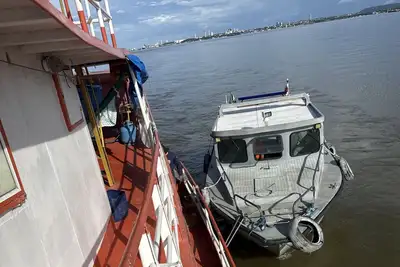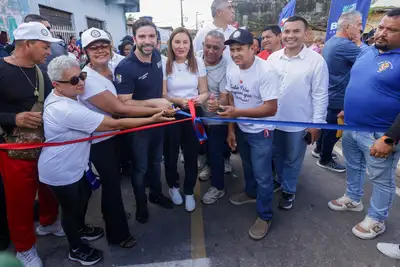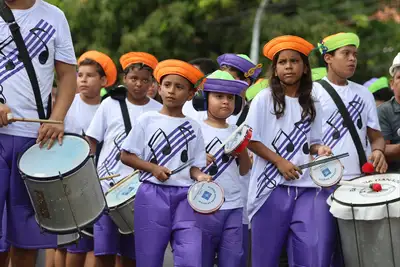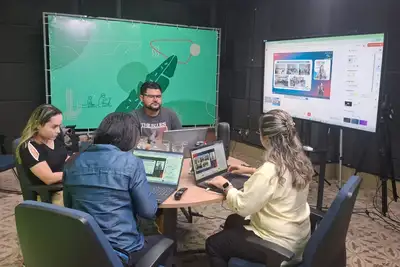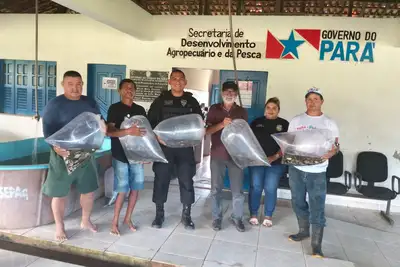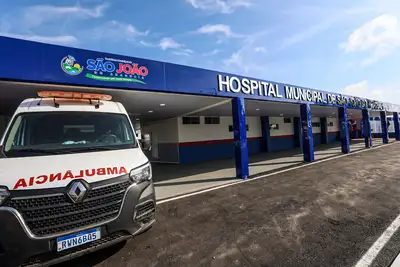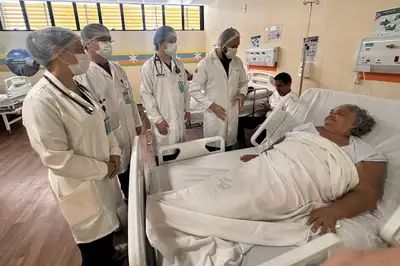Semas advances in water resource management with integration of fishing agreements
The Secretariat strengthens initiatives for decentralized management and community development through fishing agreements implemented in Pará

The State Secretariat for Environment and Sustainability of Pará (Semas) is integrating its actions in the field of water resource management with fishing agreements established by fishing communities.
During the 46th Ordinary Meeting of the State Council for Water Resources of Pará (CERH/PA) in Belém last week, the state policy for land use planning was presented, emphasizing the implementation of fishing agreements, an instrument that integrates the management of the Regulariza Pará program and has strong connectivity with the state's water resources policy.
"This is a public policy, as it constitutes one of the management instruments of the Regulariza Pará Program and has a strong intersection with the water resources policy. The presentation met a demand from the Council members, who were interested in understanding how this instrument is being developed to contribute and bring elements for the improvement of governance," emphasized Renata Nobre, Deputy Secretary for Water Resource and Climate Management at Semas.

At the meeting, initiatives for decentralized management and community development in fishing territories were presented through the fishing agreements that have been implemented in various regions of Pará. The policy already totals 13 ratified agreements and another 16 under construction, benefiting communities in the regions of Tapajós, Baixo Amazonas, Tocantins, Marajó, and the Bragantina region.
"The intersectorality of policies for the conservation of artisanal fishing territories is very important because we have received direct demands from communities operating in different river basins in the state. From these requests, we were able to initiate the mediation of fishing agreements, which represent a concrete response from the State to the needs for territorial, economic, and food sovereignty of traditional populations," highlighted Rodolpho Zahluth Bastos, Deputy Secretary for Environmental Management and Regularity at Semas.

In addition to strengthening community management for the conservation of fishery resources, Selma Santos emphasized that "fishing agreements have consolidated as tools for social and economic transformation," as "land use planning is articulated in favor of riverine bioeconomy," and the institutional actions coordinated transversally involve the responsibility of various agencies, explained the environmental analyst at Semas.
"It is very positive to observe how the demands of specific communities generate public policies that go beyond the agreements themselves, directly impacting these communities and transforming the local reality through bioeconomy. It is important to highlight the integration between the actions of the different departments of Semas and to observe how bioeconomy initiatives, articulated with institutional elements, can transform the reality of riverine populations and fishermen. It is something extremely relevant," commented Camille Bemerguy, Deputy Secretary for Bioeconomy.
Another highlight of the meeting was the presentation of preparatory actions for the United Nations Climate Change Conference (COP30), which will be held in Belém in 2025. The presentation met a request from the Council members and reinforced Pará's strategic role in global climate, environment, and sustainability agendas.
A specific seminar on the ongoing fishing agreements was also announced, aiming to deepen the debate and discuss pathways for expanding this public policy throughout the Pará territory.



